Colorado became the first U.S. state to decriminalize magic mushrooms after voters approved Proposition 122 in 2022. While the law allows certain uses for adults over 21, there are still many rules and restrictions. If you're wondering are mushrooms legal in Colorado, here's what you need to know about the current laws, rights, and risks.
What Changed Under Proposition 122?
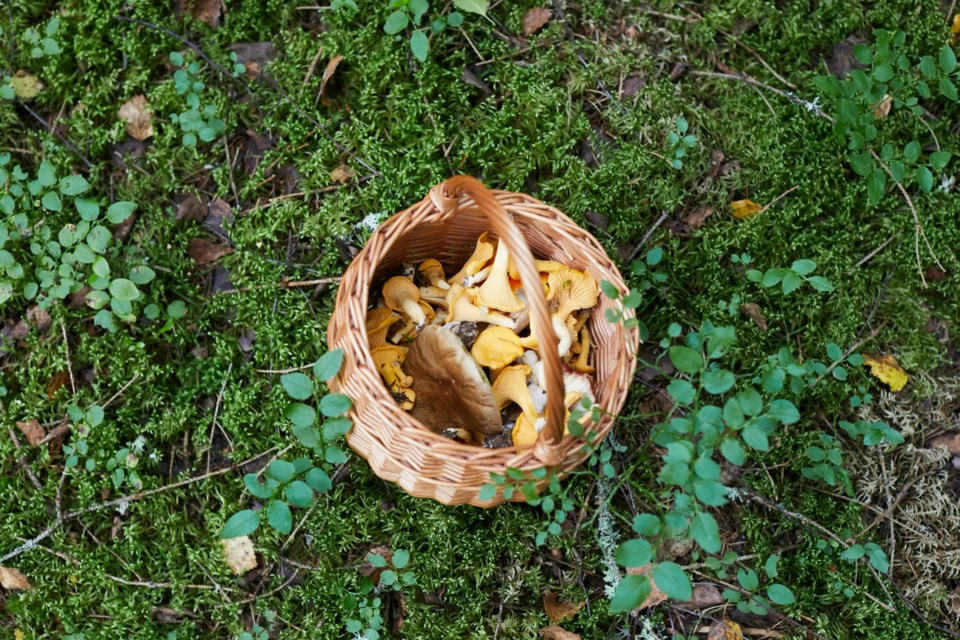
Proposition 122, also called the Natural Medicine Health Act, was passed by Colorado voters in 2022 to decriminalize—not fully legalize—certain psychedelic substances for adults aged 21 and older. The law applies to five naturally occurring substances: psilocybin, psilocin, DMT (dimethyltryptamine), ibogaine, and mescaline (as long as it’s not derived from peyote). These substances are now allowed for personal use, reflecting a shift toward alternative mental health treatments.
Under the measure, adults can legally possess, use, and share these substances, but not sell them. Growing mushrooms at home is allowed, provided it’s done in a private, secure area away from minors. Commercial sales and dispensaries are still banned, but the state plans to license “healing centers” where trained facilitators can supervise psychedelic use. These centers are expected to open sometime in or after 2025.
What Is Legal Right Now?
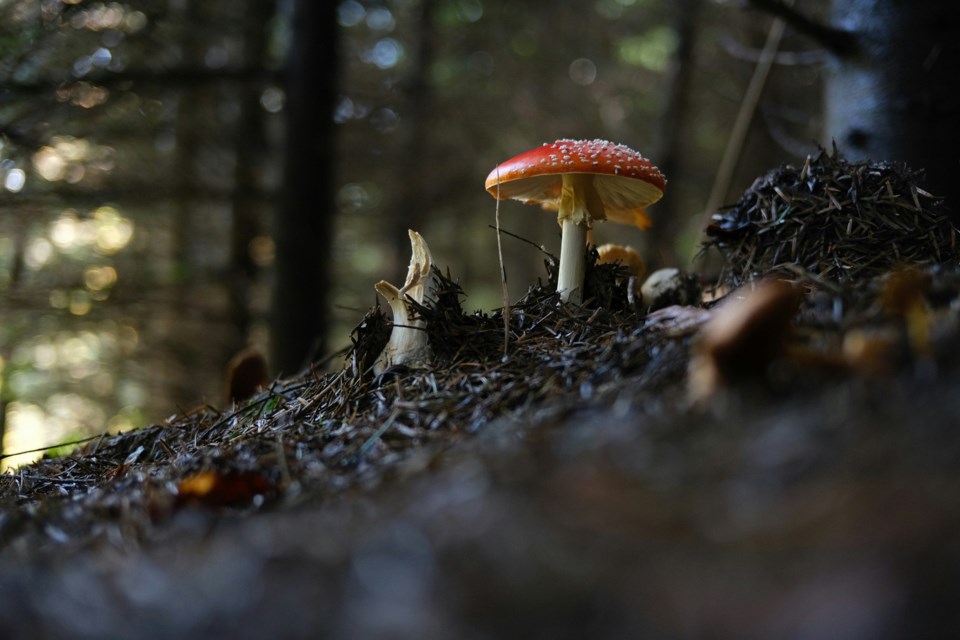
As of early 2025, adults in Colorado have several legal protections when it comes to psychedelic mushrooms and similar substances, thanks to the changes under Proposition 122. While the law does not allow open sales or public use, it does permit certain non-commercial activities under strict conditions.
Personal Possession
Anyone 21 or older can legally possess psilocybin mushrooms and the other listed substances for their own personal use. There is no set legal limit on how much you can carry, but holding a large amount could lead authorities to believe there is an intent to sell, which remains a criminal offense.
Non-Commercial Sharing
Adults may share psychedelic mushrooms with other adults as long as no money or compensation is involved. Gifting is allowed, but exchanging mushrooms for services, bartering goods, or accepting “donations” may still be considered illegal distribution under current state law.
Home Cultivation
You are allowed to grow your own psychedelic mushrooms at home, provided the grow is for personal use and not for profit. The mushrooms must be kept in a private, secure area inside your residence, and access must be restricted to adults 21 and over. While there’s no formal plant count or size limit, large-scale grows could still lead to legal trouble if authorities suspect the mushrooms are intended for sale.
What Remains Illegal?
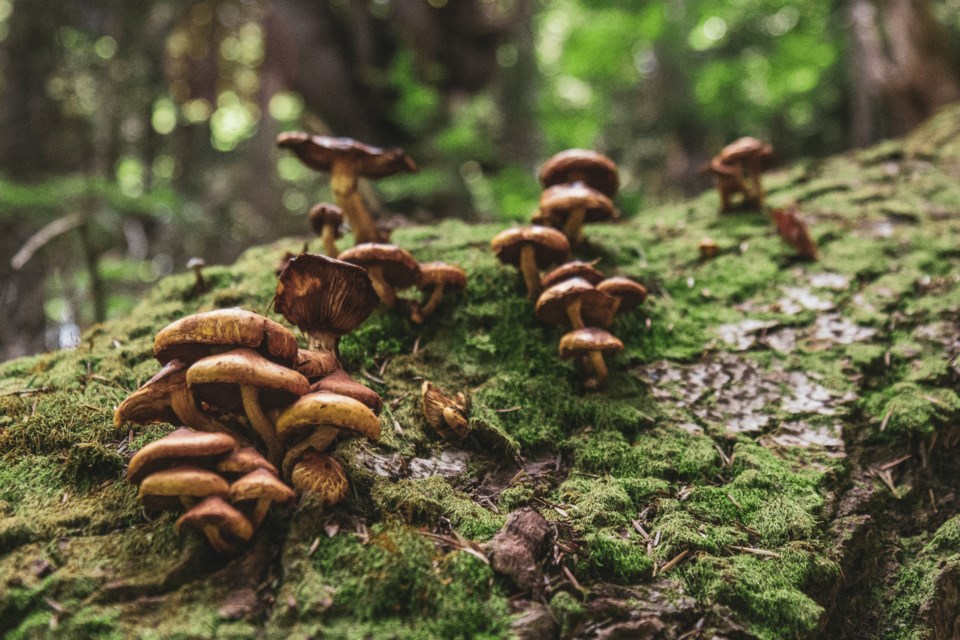
Although Colorado has decriminalized certain psychedelic substances for adults, many actions still break the law and can result in serious legal consequences. It’s important to understand these limits to avoid facing criminal charges.
Selling Magic Mushrooms
Selling psilocybin mushrooms or any other decriminalized psychedelic substance is still a felony in Colorado. The law strictly prohibits commercial transactions, and penalties depend on the amount involved:
- Up to 14 grams: Level 3 drug felony
- Punishable by 2 to 4 years in prison
- Fines range from $2,000 to $500,000
- 14 to 225 grams: Level 2 drug felony
- Punishable by 4 to 8 years in prison
- Fines range from $3,000 to $750,000
- Over 225 grams: Level 1 drug felony
- Punishable by 8 to 32 years in prison
- Fines range from $5,000 to $1 million
- Selling to a minor at least two years younger automatically results in a Level 1 felony, regardless of the amount sold.
Public Use
Using psychedelic mushrooms in any public area remains illegal. This includes sidewalks, parks, restaurants, schools, public buildings, and workplaces. Use must take place in a private setting, such as your own home, to stay within the law.
Possession on Federal Land
Even though Colorado law allows possession, federal law still classifies psilocybin as a Schedule I controlled substance. Having psychedelic mushrooms on federal property—like national parks, forests, military bases, or post offices—can result in arrest and federal prosecution.
Future Legal Access: Healing Centers in Development
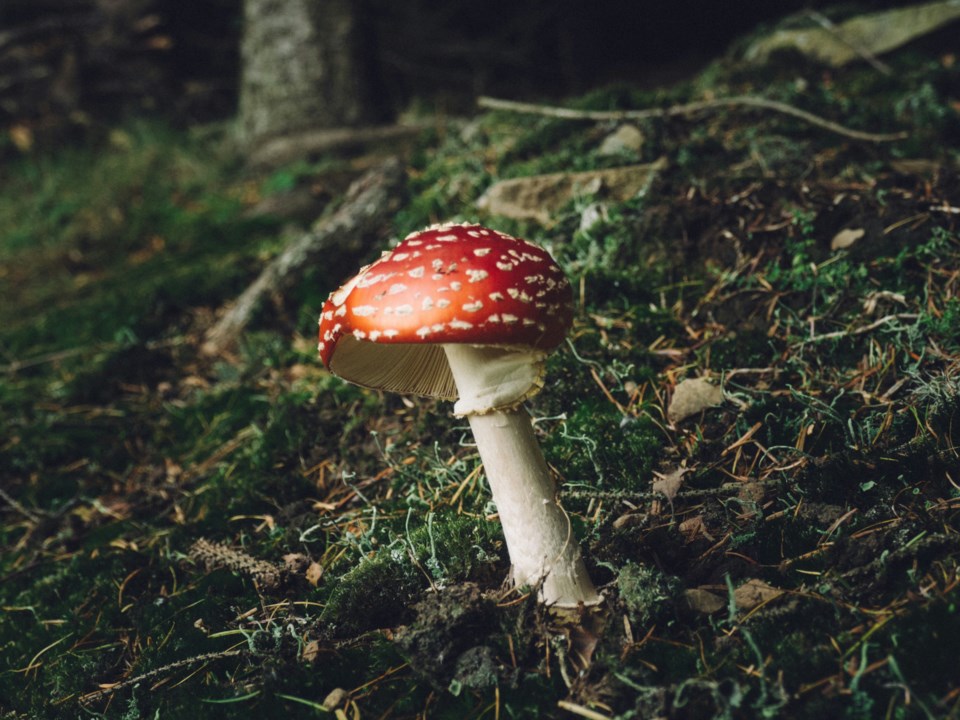
Although adults can currently grow and use psilocybin mushrooms for personal use in Colorado, there is still no legal way to purchase them. That is expected to change with the introduction of licensed healing centers, which may begin operating in late 2025 or early 2026. These centers will allow trained facilitators to guide individuals through psychedelic sessions in safe, supervised environments. The goal is to provide therapeutic use under professional oversight.
The Natural Medicine Advisory Board is in charge of creating the framework for this new system. This includes setting rules for licensing facilitators, training standards, product quality, and safety procedures during each session. These regulations are still being developed and may evolve as research and feedback from early programs become available. Until the system launches, commercial sales remain illegal.
Frequently Asked Questions (FAQs)
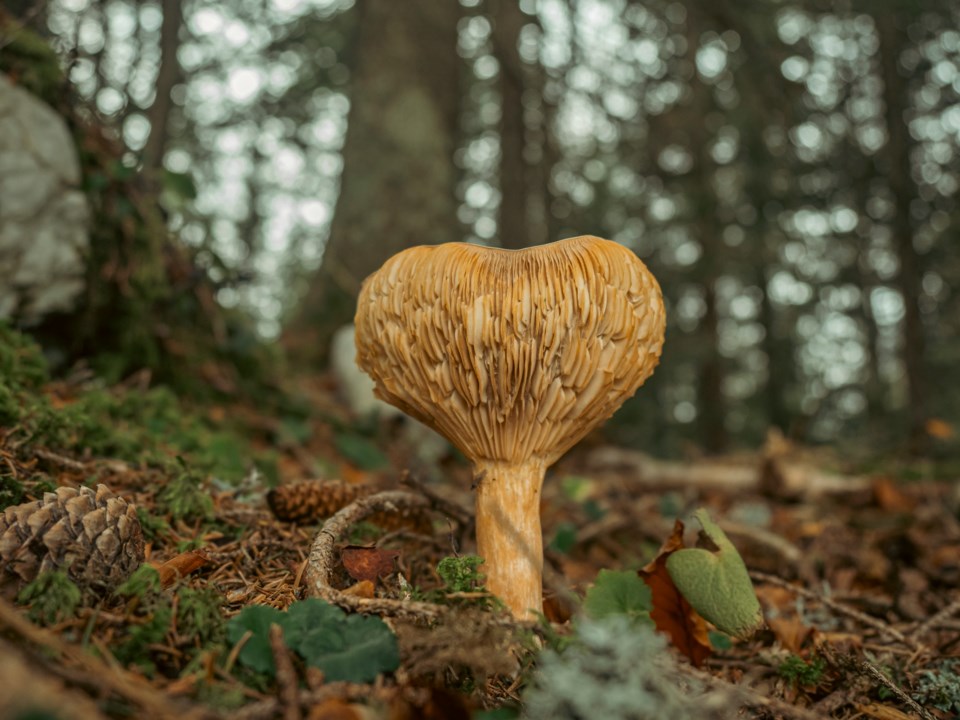
Can You Travel to Colorado to Use Mushrooms?
Yes. Visitors who are at least 21 years old can legally possess and use psilocybin mushrooms while in Colorado, but use must happen on private property. It's illegal to bring mushrooms across state lines, even if heading to another state where they're decriminalized. Travelers should also avoid carrying them through airports, national parks, or any federally governed areas.
How Much Psilocybin Can You Legally Have?
Colorado law does not set a specific possession limit for psilocybin. However, if you're found with more than 14 grams, it may raise suspicions of intent to distribute. To stay within legal boundaries, it’s best to keep amounts small and clearly for personal use only.
Are There Legal Gray Areas to Be Aware Of?
Yes. Some situations remain unclear under current law. Driving under the influence of psilocybin is illegal, but there is no standard test to measure impairment. Bartering, gifting with expectations, or informal exchanges may still be treated as unlawful sales. Also, local governments like Colorado Springs may have stricter rules.
Can You Get Past Charges Sealed?
Yes. If you were previously convicted for possessing psilocybin in Colorado, you may now petition the court to have your criminal record sealed. This reflects the state's effort to reduce the long-term impact of old drug laws on individuals.
Why Is Colorado Doing This?
The change in law is partly based on research suggesting that psilocybin can help treat PTSD, depression, anxiety, and end-of-life distress. Veterans, healthcare workers, and advocates pushed for safe, regulated access to these substances—not for recreation, but for potential mental health support.
Final Thoughts on Colorado’s Mushroom Laws
Colorado’s approach to psychedelic mushrooms is still evolving, with personal use now decriminalized but many restrictions still in place. As the state prepares to launch healing centers, understanding where the law stands today is key. If you're asking are mushrooms legal in Colorado, the answer is yes—within strict personal-use limits and clear legal boundaries.


